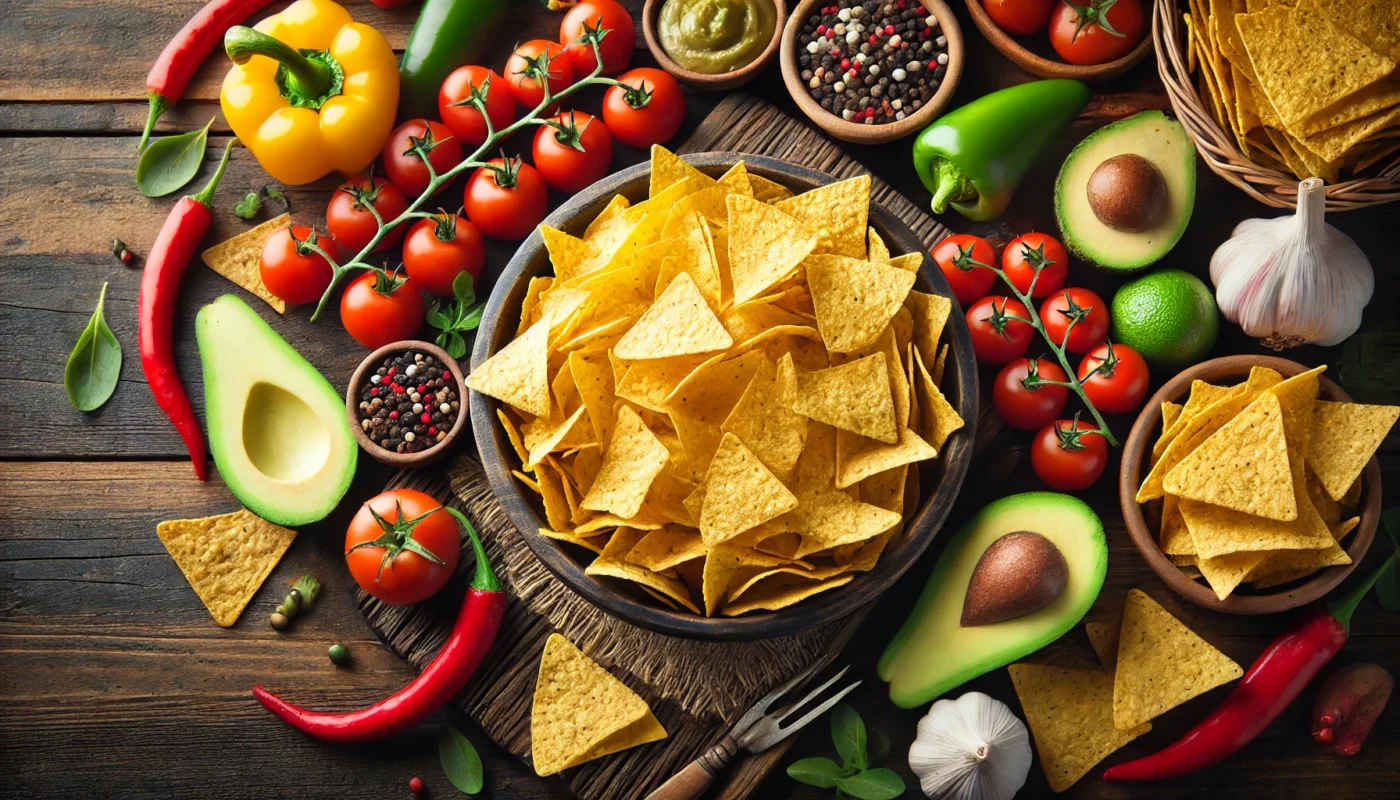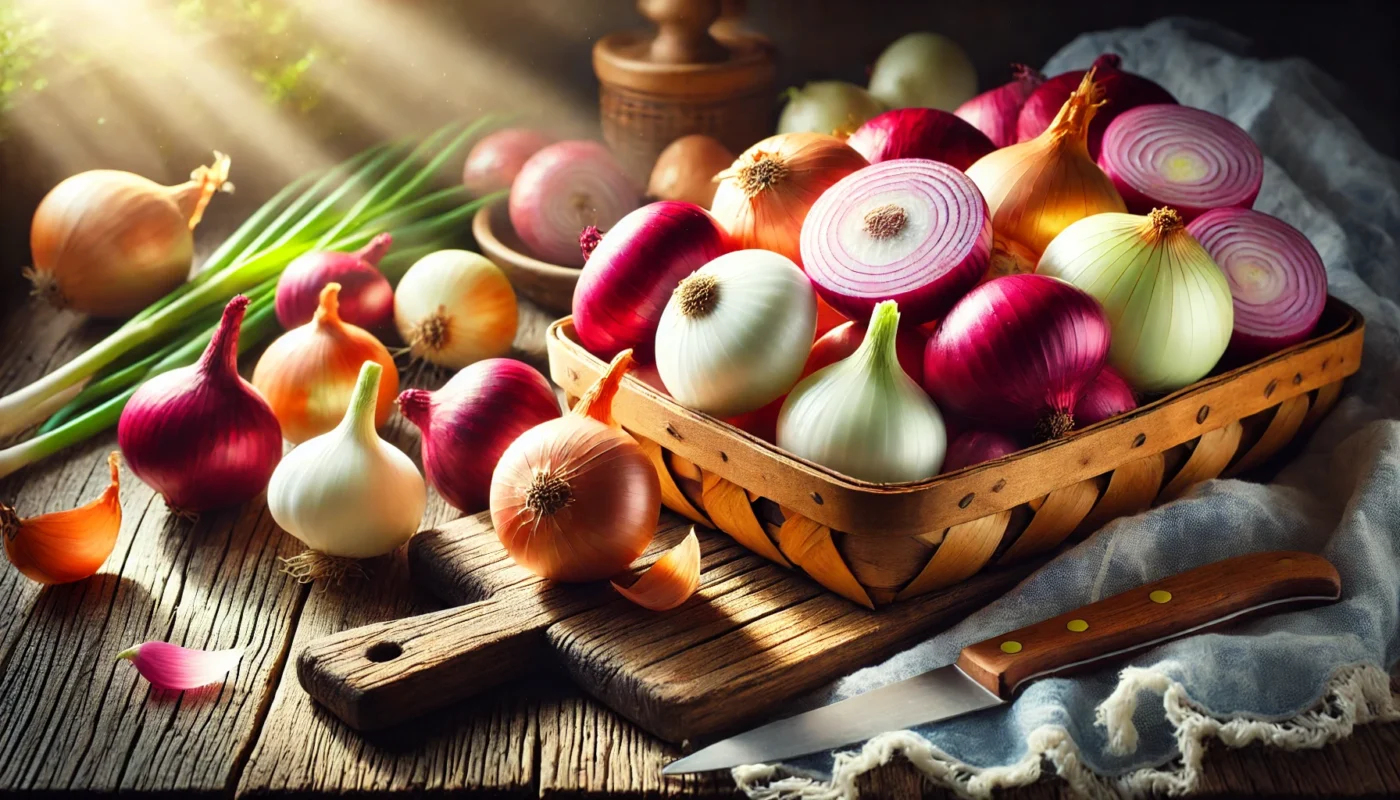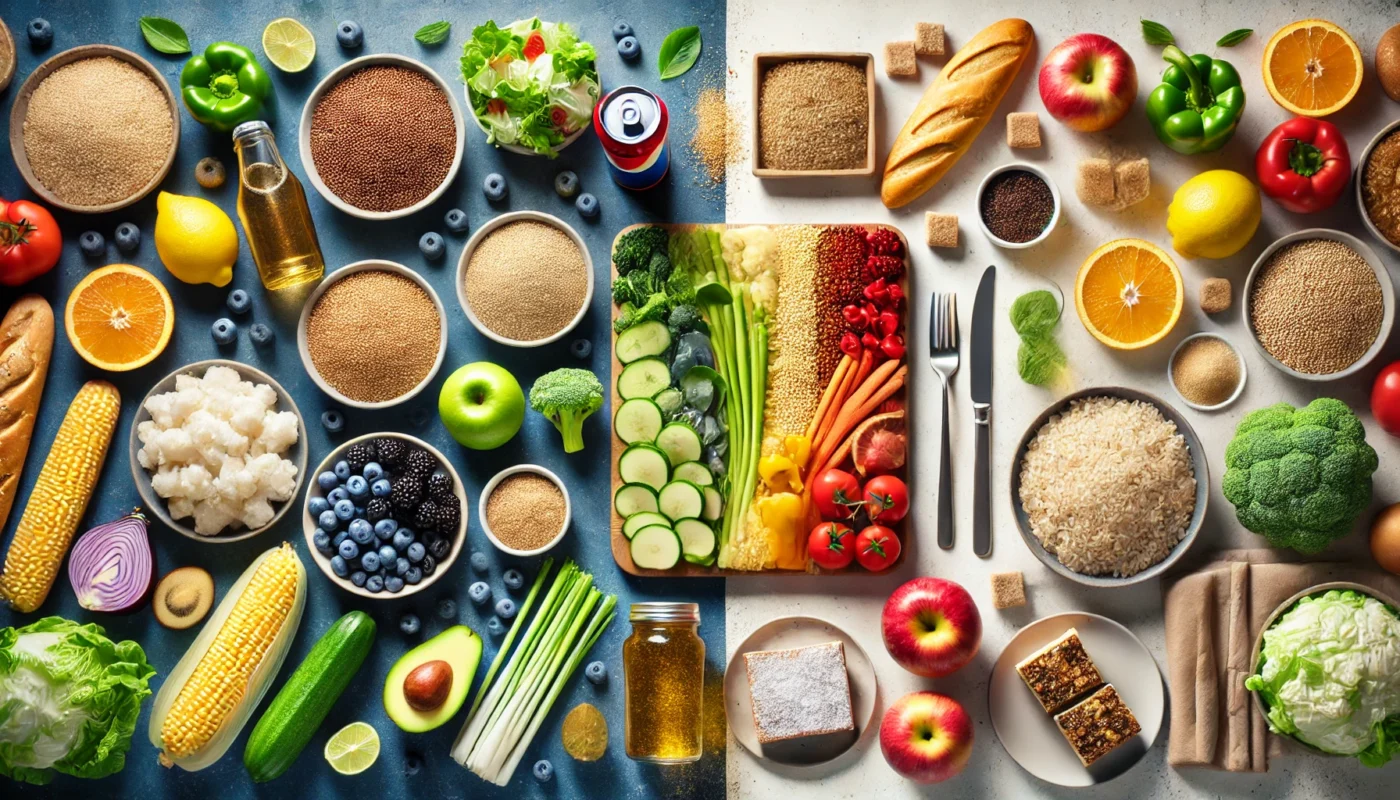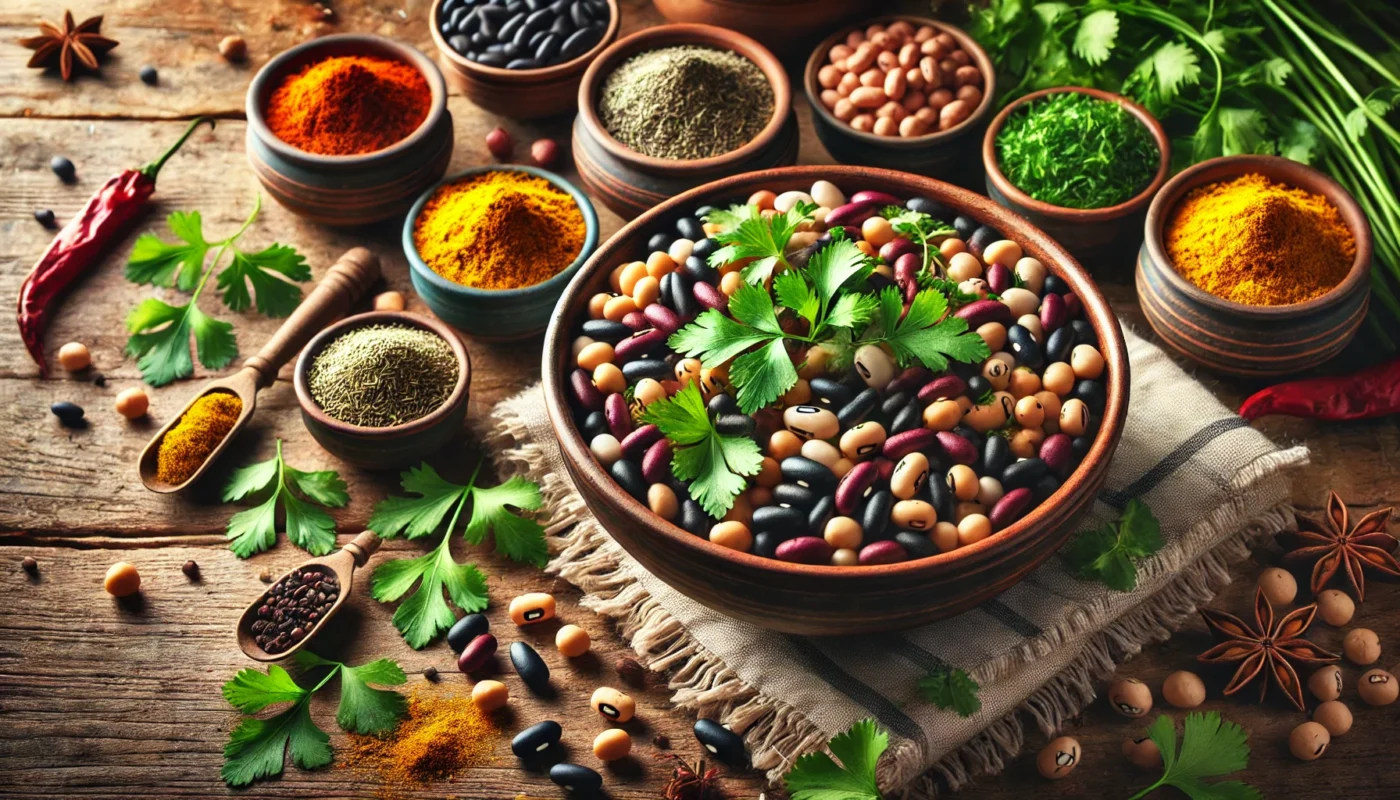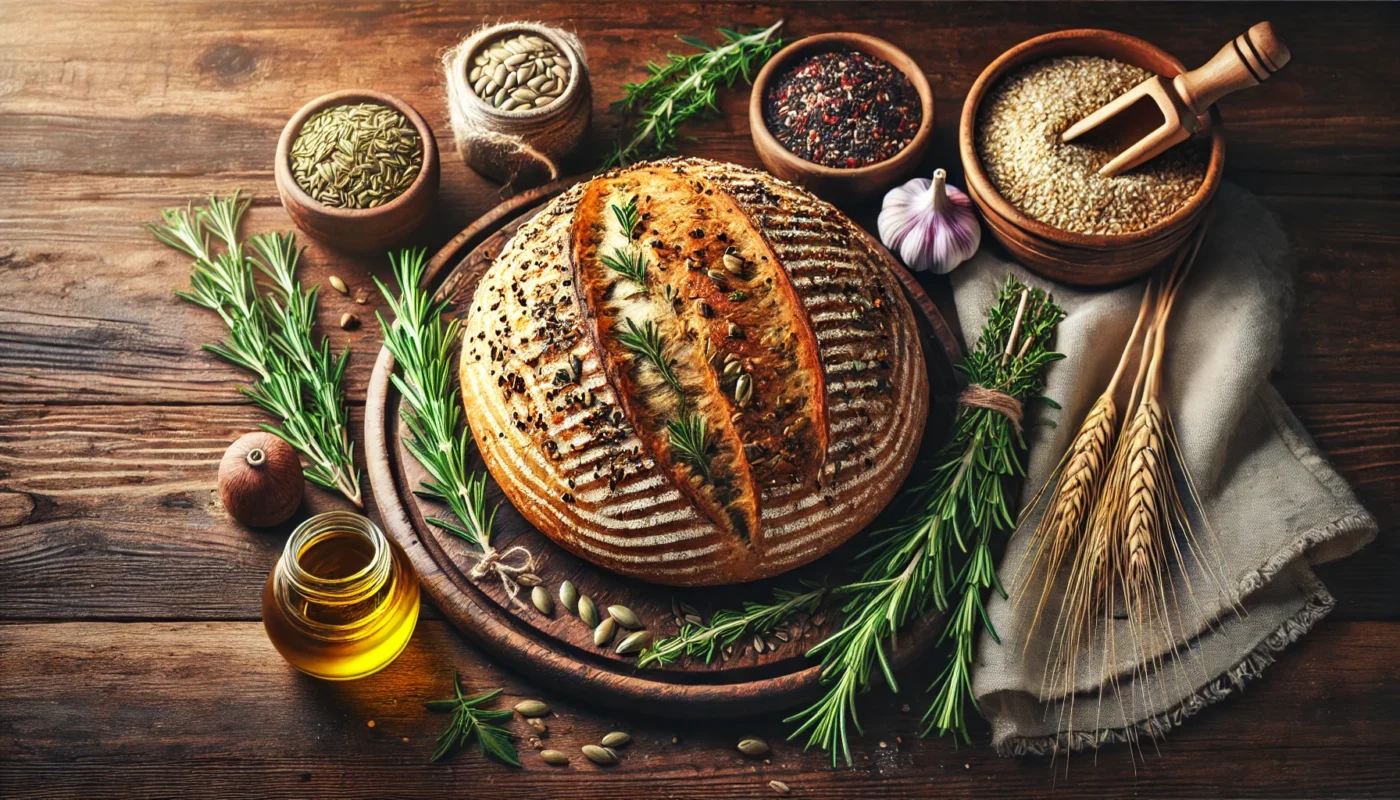Popcorn is a beloved snack worldwide. Its delightful crunch and versatility in flavor make it a popular choice for movie nights and casual munching.
But have you ever wondered about its impact on your health? Specifically, is popcorn inflammatory?
This question has sparked numerous debates and discussions. The internet is rife with conflicting information, leaving many confused and unsure.
In this article, we aim to clear the air. We’ll delve into the science behind popcorn and inflammation, debunking myths and misconceptions along the way.
We’ll explore the nutritional profile of popcorn, its potential inflammatory or anti-inflammatory properties, and how preparation methods can affect its health impact.
We’ll also provide practical tips on how to incorporate popcorn into a healthy diet. Our goal is to empower you with knowledge, enabling you to make informed dietary choices.
Whether you’re a fitness enthusiast, a health enthusiast, or a medical patient, this comprehensive guide is designed to help you navigate the complex world of health and wellness.
So, let’s pop the big question: Is popcorn inflammatory? Let’s find out.


